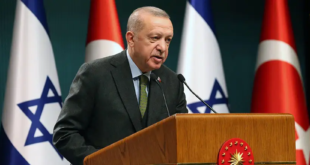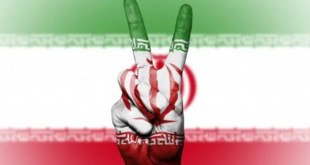 BEIRUT – Lebanon on Friday postponed its presidential election to January 21 from Saturday, the 12th such delay, despite efforts by the Arab League to get rival Lebanese leaders to agree an Arab plan to end the country’s crisis.
BEIRUT – Lebanon on Friday postponed its presidential election to January 21 from Saturday, the 12th such delay, despite efforts by the Arab League to get rival Lebanese leaders to agree an Arab plan to end the country’s crisis.
Parliament Speaker Nabih Berri announced the delay in a statement.
Parliament had been due to meet on Saturday to confirm army commander General Michel Suleiman as head of state but lack of a deal between the Western-backed majority and the Hezbollah-led opposition meant it could not meet.
The delay follows three days of intense talks by Arab League Secretary-General Amr Moussa with rival leaders in Beirut on the Arab plan that calls for the election of Suleiman, formation of a national unity government and drafting a new law for a parliamentary election that is due next year.
Lebanon has been without a president since the term of Syrian-backed Emile Lahoud ended on November 23.
Hours before the official delay, a senior political source had told Reuters the session was set for delay to allow more time for talks.
“There is a need for Moussa to continue his talks with various parties,” said the source, who was familiar with Moussa’s talks.
The Arab League chief acknowledged differences remained and hinted of delay, telling reporters in Beirut: “Lebanon’s problem is heavy and needs more time.”
Moussa has held talks with many leaders from both camps since arriving in Beirut on Wednesday. He met Hezbollah chief Sayyed Hassan Nasrallah on Thursday.
Moussa failed in two previous attempts to broker an end to Lebanon’s worst political crisis since the 1975-1990 civil war.
At the heart of the dispute is a long-standing opposition demand for veto power in government.
Political sources said Moussa told the opposition the Arab plan does not grant it equal representation with the majority or veto power in cabinet, but it deprives the ruling coalition of a simple majority of cabinet seats by allotting several for the new president to choose.
Opposition leaders told Moussa they insist on either an equal three-way division of cabinet seats or veto power, neither of which is acceptable to the majority.
Parliament, which has been trying to choose a president since September 25, needs a two-thirds quorum for a vote. Opposition factions have boycotted successive sessions to prevent this.
 Eurasia Press & News
Eurasia Press & News



